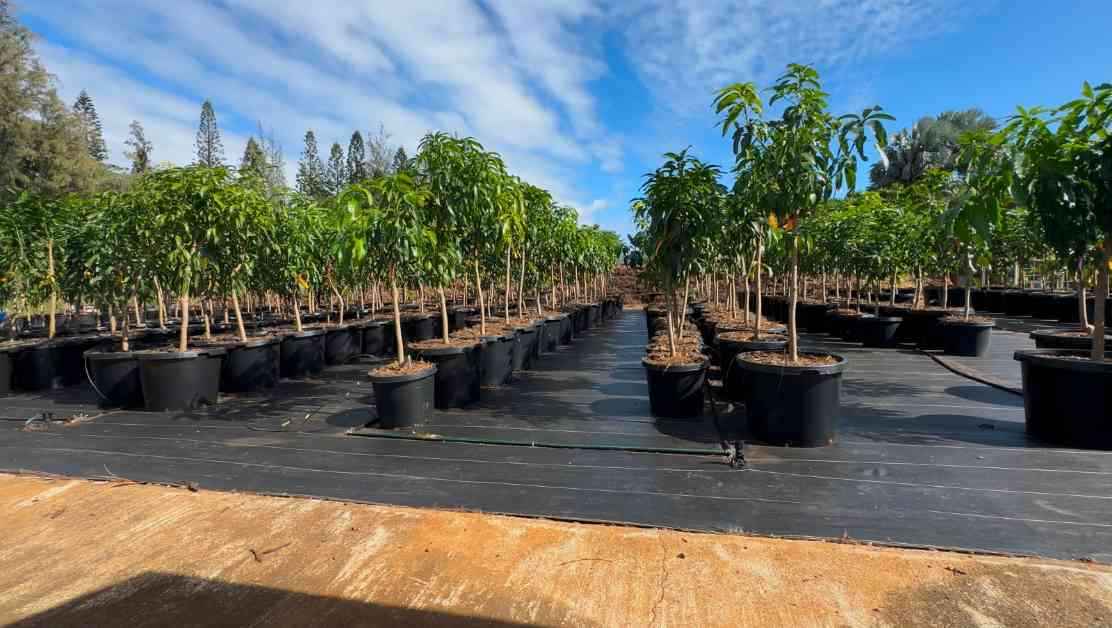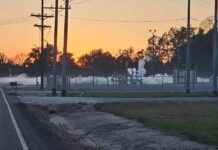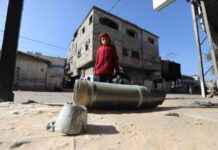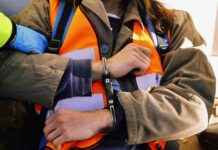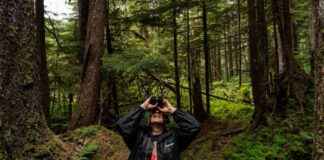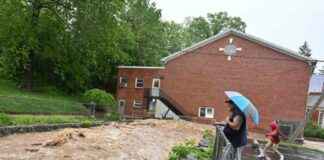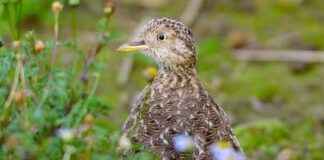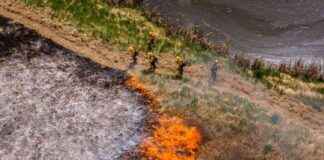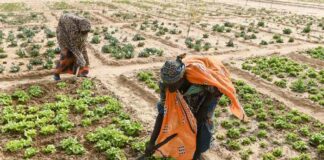Rebuilding Communities After Wildfires: Essential Steps for Recovery
Nina Raj, a devoted docent at the Eaton Canyon Nature Center and the visionary behind the Altadena Seed Library in Southern California, cherishes seeds in a way that transcends the ordinary. When the Eaton Fire barreled through on January 7, Nina’s instinct wasn’t to grab clothes or documents but rather the precious Matilija poppy, California buckeye, sage, and buckwheat seeds from her greenhouse. These seeds were part of a seed bank she had meticulously curated with the help of a dedicated team of volunteers.
While Nina’s home emerged unscathed, the same could not be said for Altadena, a vibrant neighborhood known for its diverse Black and Latino families. The Eaton Fire ravaged at least 9,400 structures and claimed the lives of 17 individuals. Further up the coast, the Palisades fire left over 6,800 structures in ruins and led to 12 tragic fatalities. Fueled by severe drought conditions and powerful winds, these wildfires showcased the devastating impact of climate change on our environment. Recent studies have indicated a 35% increase in the likelihood of such catastrophic events due to changing climatic conditions.
As the community tentatively reenters their scorched neighborhoods, there is a palpable sense of determination to not just rebuild but to do so thoughtfully and sustainably. Altadena residents, once surrounded by lush greenery, native plants, and bountiful gardens, are eager to restore their community to its former glory. At the forefront of this revitalization effort is the Altadena Seed Library, a network of seed exchange boxes that has been a beacon of hope and resilience for the community.
Seeds of Resilience: A Community’s Response
The Altadena Seed Library, initiated by Nina Raj in 2021, has been instrumental in fostering a sense of unity and purpose among residents. The concept is simple yet powerful – instead of books, individuals borrow envelopes of seeds for free, promoting a culture of sharing and sustainability. In the wake of the wildfires, the focus has shifted towards regrowing lawns, gardens, and green spaces that not only beautify the neighborhood but also promote shade equality and food sovereignty. The outpouring of support from locals and individuals across the country has been overwhelming, with donations ranging from seeds and tools to compost and protective gear for hazardous waste cleanup.
The initiative has garnered widespread acclaim and support, with organizations like Club Gay Gardens stepping in to assist with the sorting and distribution of donated seeds. The spirit of community and collaboration that has emerged is a testament to the resilience and unity that can blossom from the ashes of tragedy.
Replanting with Purpose: Nurturing New Beginnings
The process of rebuilding after a wildfire extends far beyond the physical reconstruction of homes and neighborhoods. One of the most pressing concerns for residents is the toxic aftermath left by the fires, from hazardous chemicals in burnt homes to heavy metals in the soil. Ensuring the safety and health of the community necessitates thorough testing of soil samples for contaminants, a costly endeavor that requires careful planning and resources.
The Altadena Seed Library has been at the forefront of efforts to address this challenge, specifically requesting donations of native plants known for their ability to remediate soil toxins. Plants such as California buckwheat, telegraph weed, saltbush, mule fat, and Bush sunflower play a crucial role in absorbing harmful substances, paving the way for a safer and more sustainable environment. By harnessing the power of nature, Altadena residents are not only rebuilding their community but also creating a resilient and thriving ecosystem for generations to come.
In the aftermath of the wildfires, the importance of strategic replanting cannot be overstated. Alexandra Syphard, a senior research scientist, emphasizes the need to prioritize moisture-retaining plants like oak trees over flammable species such as eucalyptus and palms. By learning from past mistakes and embracing native flora, residents can create landscapes that are both aesthetically pleasing and fire-resistant. The journey towards recovery is not without its challenges, but with community support and expert guidance, Altadena is poised to emerge stronger and more vibrant than ever before.
The stories of Paradise, California, and Lahaina, Hawaii, serve as beacons of hope and inspiration for Altadena. The resilience and determination displayed by these communities in the face of adversity underscore the transformative power of collective action and unity. As Altadena embarks on its own journey of regeneration, the seeds of hope and renewal planted by Nina Raj and her fellow volunteers are destined to bloom into a brighter and greener future for all.

